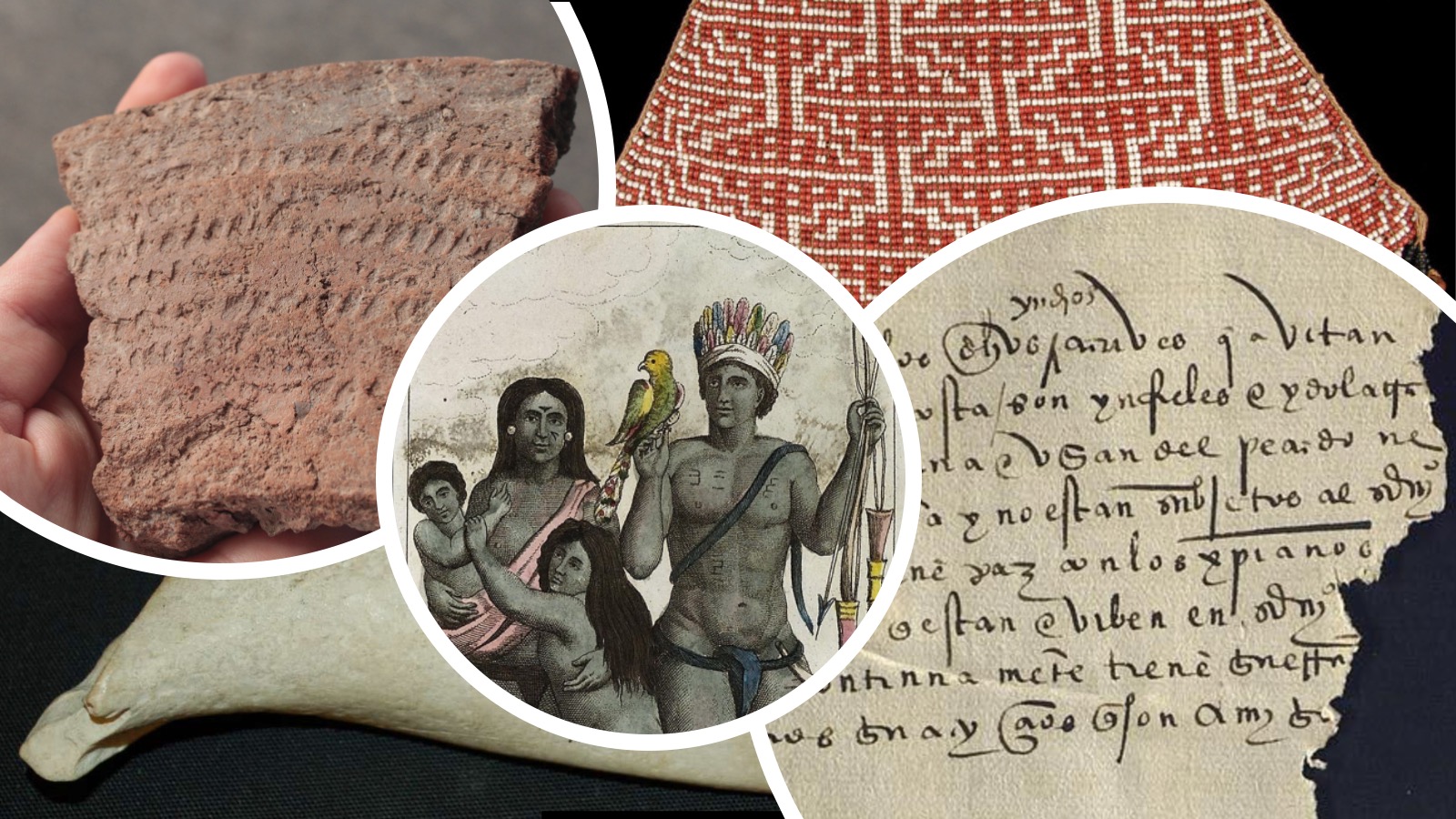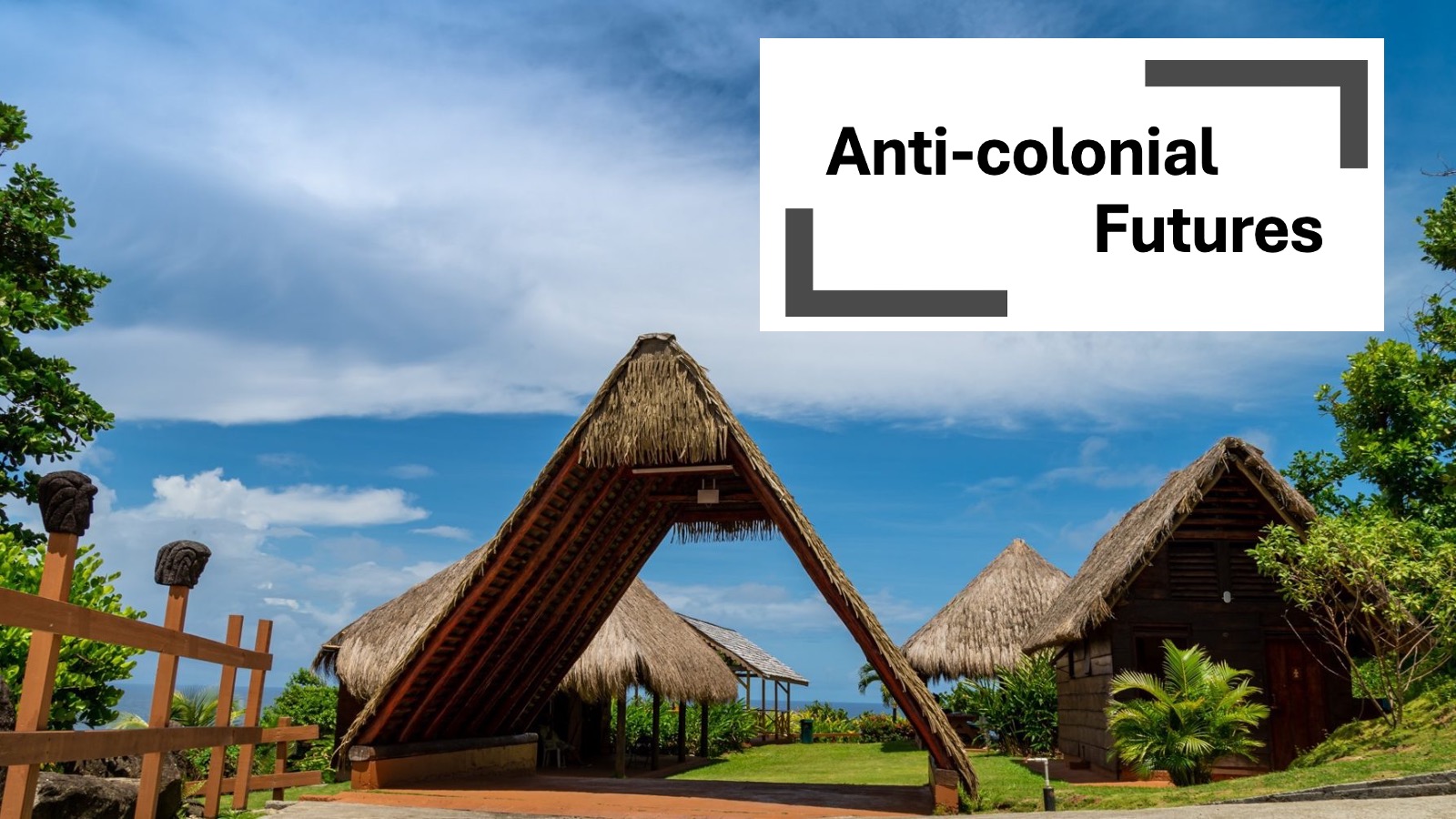Research

The Silenced Slavery: Indigenous and Afro-Caribbean Imperial Legacies
This project focuses on the earliest and one of the core regions of human trafficking since AD 1492, the Caribbean, looking at the intersection of Spanish, British, French, and Dutch empires in the Lesser Antilles. Between 2.5 and 4.5 million of Indigenous peoples were enslaved in the colonial Americas and it all began in the Caribbean, where thousands on Indigenous peoples were captured and sold into slavery. In fact, a group of Taínos enslaved by the Spaniards set in motion the Middle Passage. This project focuses on the Indigenous experience of captivity, especially the traumatic events lived by the Kalinagos ('Caribs'), whilst also bringing to the forefront the agency of Kalinago communities in disrupting imperial policies and forging interethnic solidarity bonds to fight and survive European colonialism between the 15th and 18th centuries. In doing so, this research fleshes out the material remains of captivity, slavery, war, and resistance, reinscribes the silences, and challenges the colonial archive and its pervasive legacies.
This five-years project juxtaposes different methodologies:
- Oral testimonies of descendant communities, especially the Kalinagos from Dominica, but also their descendants in the UK.
- Archaeological fieldwork, co-led with my colleague Dr Reg Murphy focusing on Antigua and Barbuda, the bridge between the Taíno culture coming from the Greater Antilles and the Cayo/Kalinago and Suazan cultures originated in the southern Lesser Antilles.
- Museum collections' study at the National Museum of Antigua and Barbuda, the Yale Peabody Museum (Yale University, US), the Florida Museum of Natural History (Gainesville, US), the National Museum of the American Indian (NMAI, US), the British Museum (London, UK), the World Museum (Liverpool, UK), and the Museum of Anthropology and Archaeology (MAA, Cambridge, UK).
- Archival Research in Spain (Archivo de Indias, Archivo Histórico Nacional, Real Academia de la Historia) and in the UK (The National Archives, British Library, British Museum).
The project responds to local and regional demands for 'Indigenising' local history, and thus involves local researchers, schools, and communities.

Anticolonial Caribbean Futures. Historical Archaeology, Education, Museums, and Cultural Tourism with and for Indigenous People
This project brings to the forefront the agency of Indigenous communities in taking their place in history. It was born out of my conversations with the former Kalinago Chief in Dominica, Irvince N. Auguiste, who has spent his whole life working to educate people (Kalinago and not) about Kalinago history and culture with varying success. On his request and with Mrs Sanford (Kalinago Chief) and the Kalinago community support, this project emerged.
This project aims at
(1) changing the long-established colonial stereotypes of Kalinagos as 'cannibals' and 'brutal warriors' by co-creating museum displays and effective school learning resources for the UK and the Caribbean;
(2) fostering ethical and good practices when holding and researching Indigenous collections;
(3) create a transatlantic support network for Kalinagos in the Caribbean and Indigenous Caribbean descendants in the UK to share knowledge, collaborate, and encourage community cohesion and belonging;
(4) support Kalinagos' wellbeing and economic growth by providing hands-on training in sustainable tourism and cultural resources to enhance career opportunities for them in Dominica.
Funded by the University of Liverpool, the project partners with the Kalinago community (Kalinago Territory on Wai'tukubuli—Dominica), the SDCelar-British Museum, the World Museum, and the International Slavery Museum.

Return to the Island of Souls: Forced Displacement, Colonial Violence, and Archaeology for Social Justice in Chile
This community-based project centres on the long-term effects of the forced displacement decreed by the Spaniards of ca. 600 people (116 families) from La Mocha Island to the Jesuit mission of San José de la Mocha, near Concepción, in Chile, in 1685. By the mid-18th century, the mission became a marginal neighbourhood of the overgrown city of Concepción, attracting mestizos, enslaved African and Afro-descendants, people of mixed Indigenous and African ancestry ('Zambos'), and poor criollos, who joined the Indigenous communities. Our team is particularly interested in mapping the materiality of coexistence, the violence of architecture and settlement design, and the impacts of captivity and slavery on health, diet, and long-term trauma by pioneering epigenetics studies in historical archaeology. After a long history of colonialism and settler-colonialism, our aim is addressing the past and the continuity of structural violence affecting Mapuche communities in Chile—in this case, the Lafkenche, and supporting the community in healing and re-burying their deceased.
Research collaborations
Reginald Murphy
National Museum of Antigua and Barbuda
Co-director of the archaeological fieldwork on Antigua
Pedro Manuel Andrade Martinez
Universidad de Concepción, Chile
Co-I on the project 'Return to the Island of Souls'
Sandra Montón
Research Group 'Colonialism, Gender and Materialities' (CGM)
University Pompeu Fabra
Colonialism, Gender and Materialities (CGM) reunites researchers interested in developing a better understanding of the effects that processes of colonialism and domination have had on sex-gender systems. They all assume that material culture can reveal cultural features unnoticed otherwise. Website: https://www.upf.edu/web/cgym
Sergio Escribano Ruiz
Built Heritage Research Group (GPAC)
Euskal Herriko Unibertsitatea (University of the Basque Country)
Website: https://gpac.eus/built-heritage-research-group/
Simón Urbina & Leonor Adán
Universidad Austral de Chile
Co-directors of the fieldwork project on the Spanish colonial fortifications in the region of Valdivia, Chile